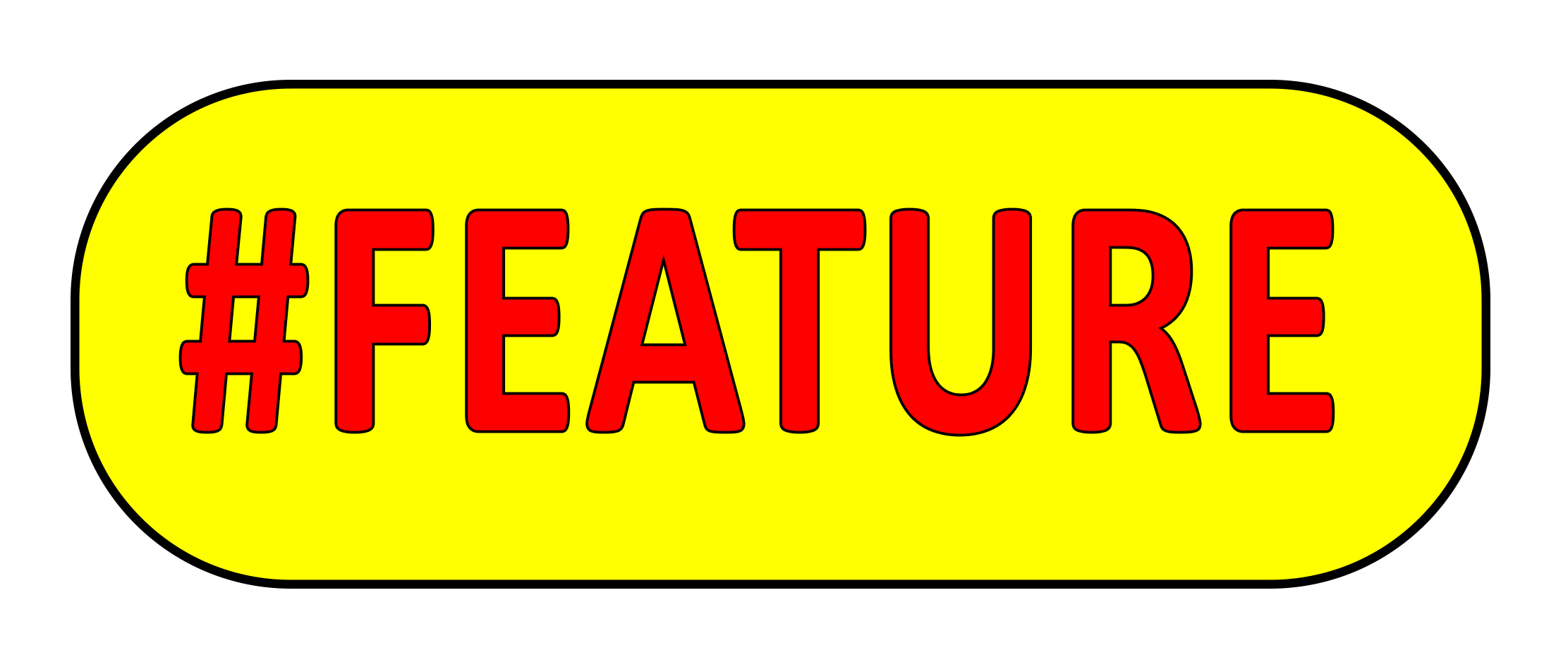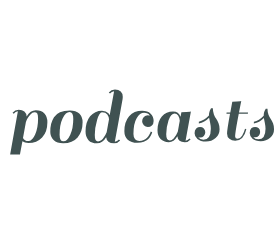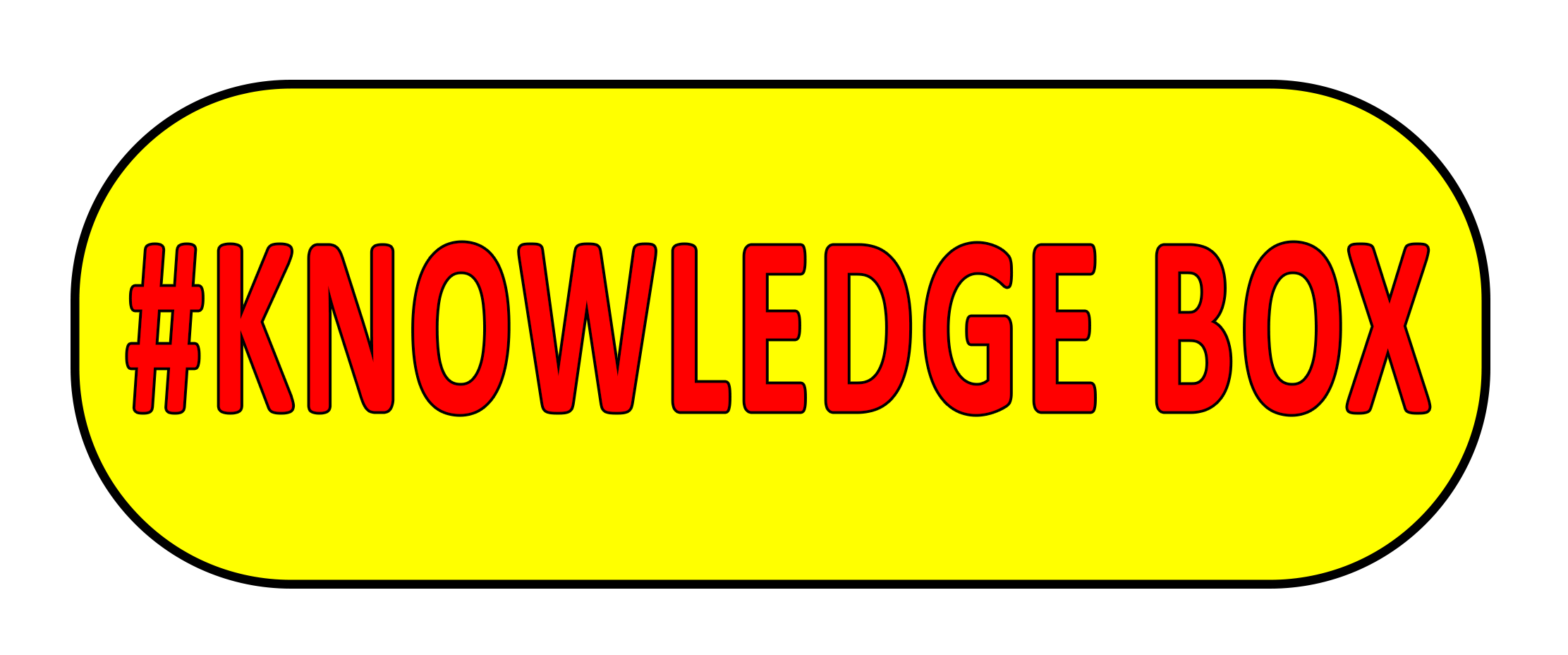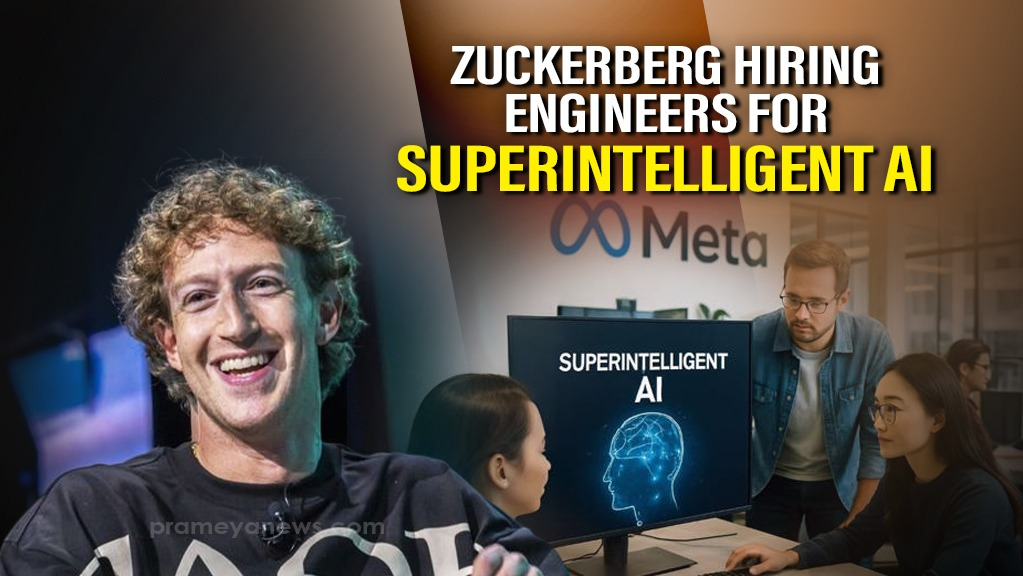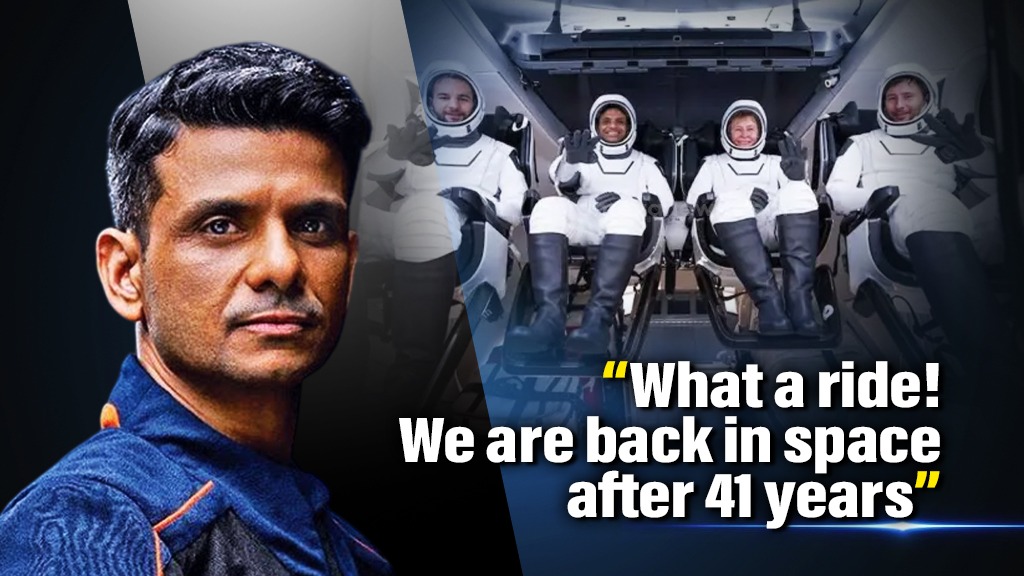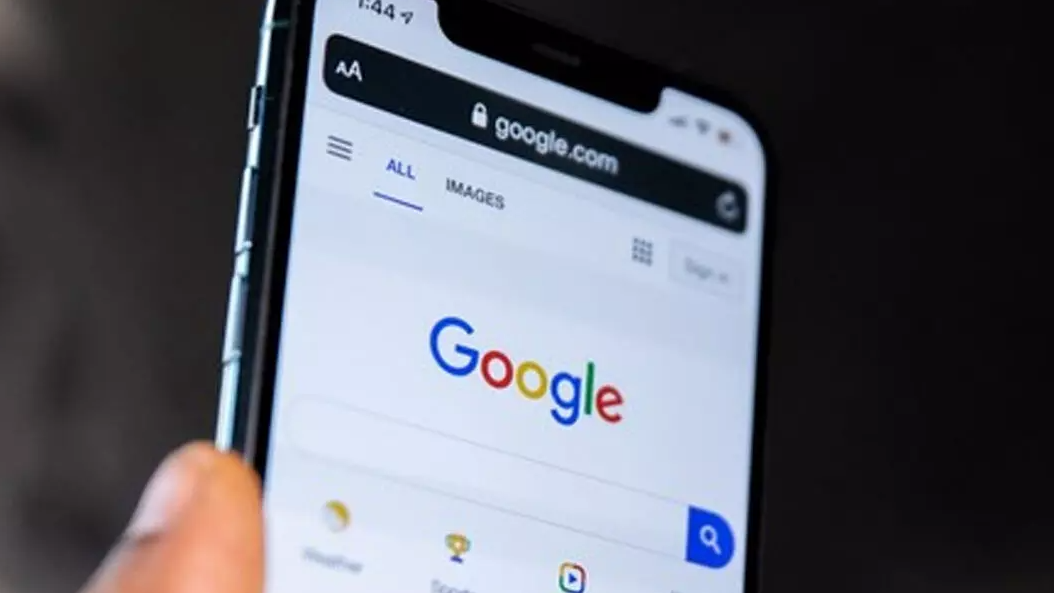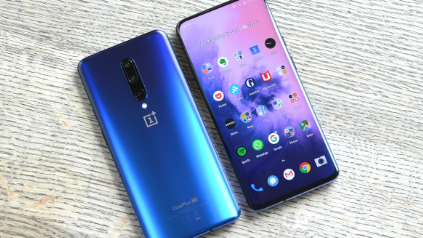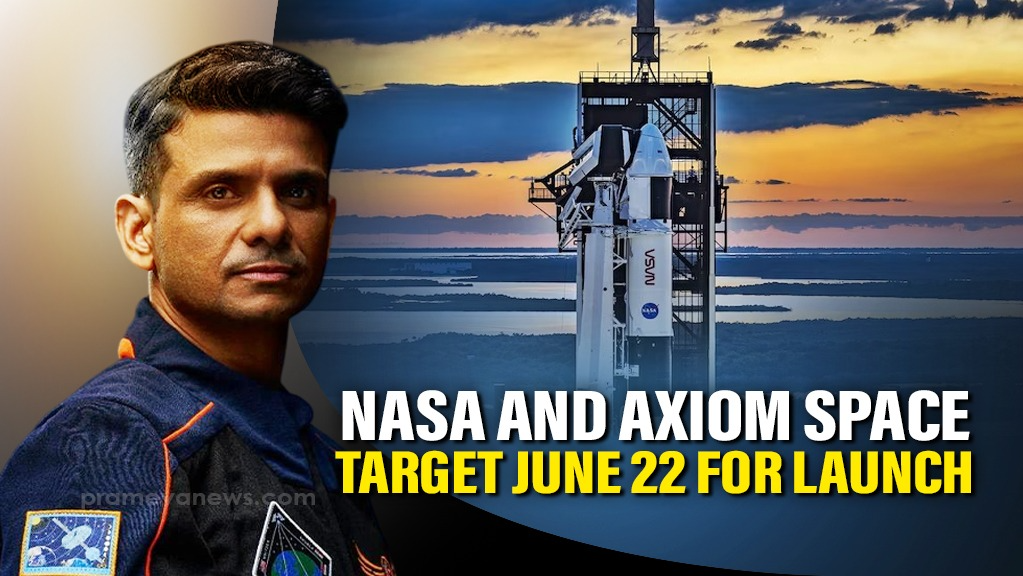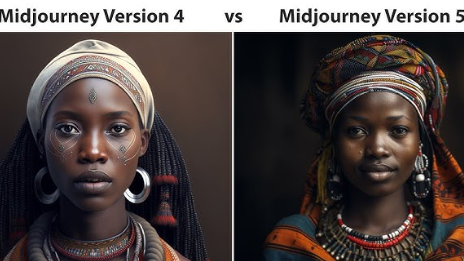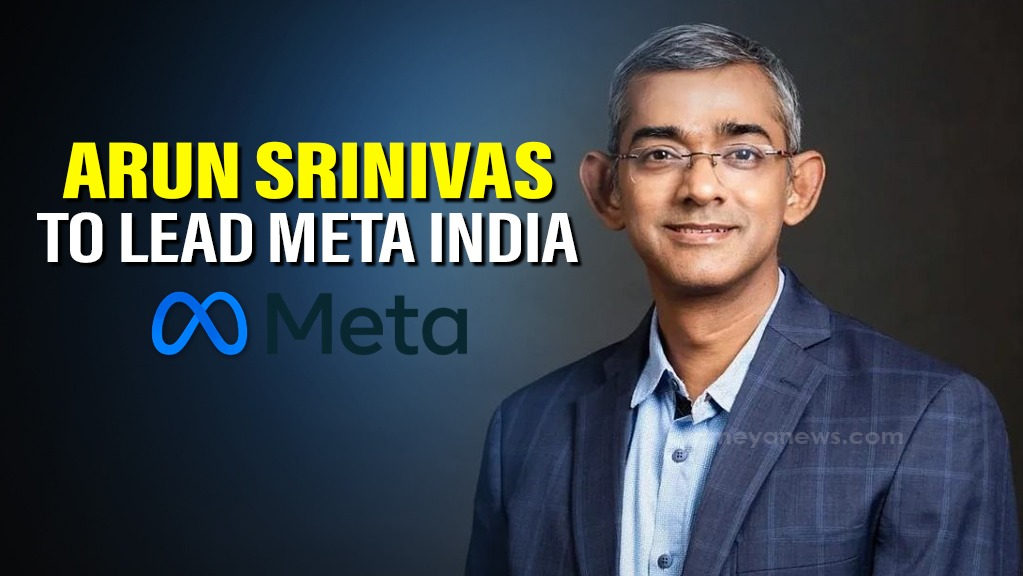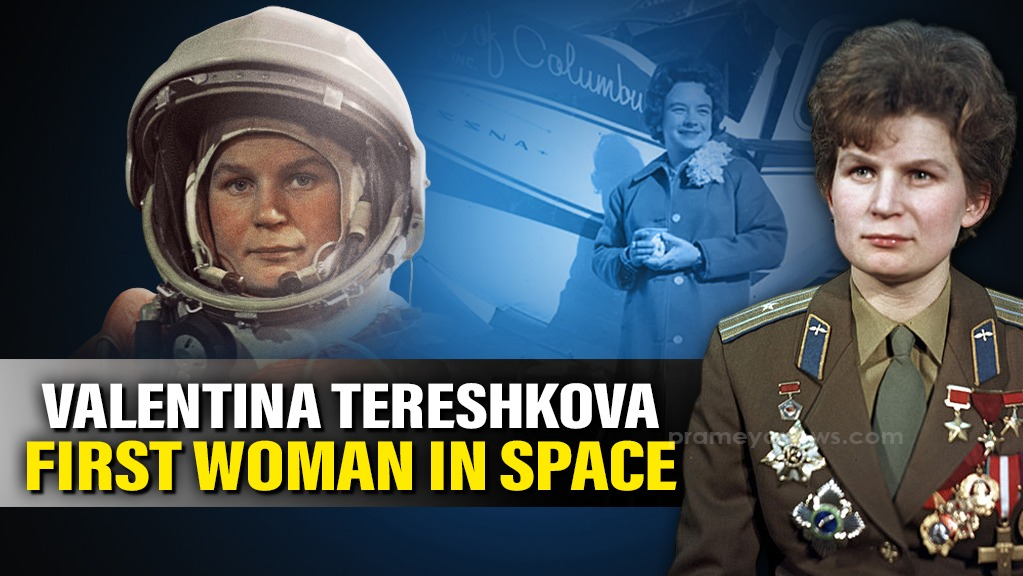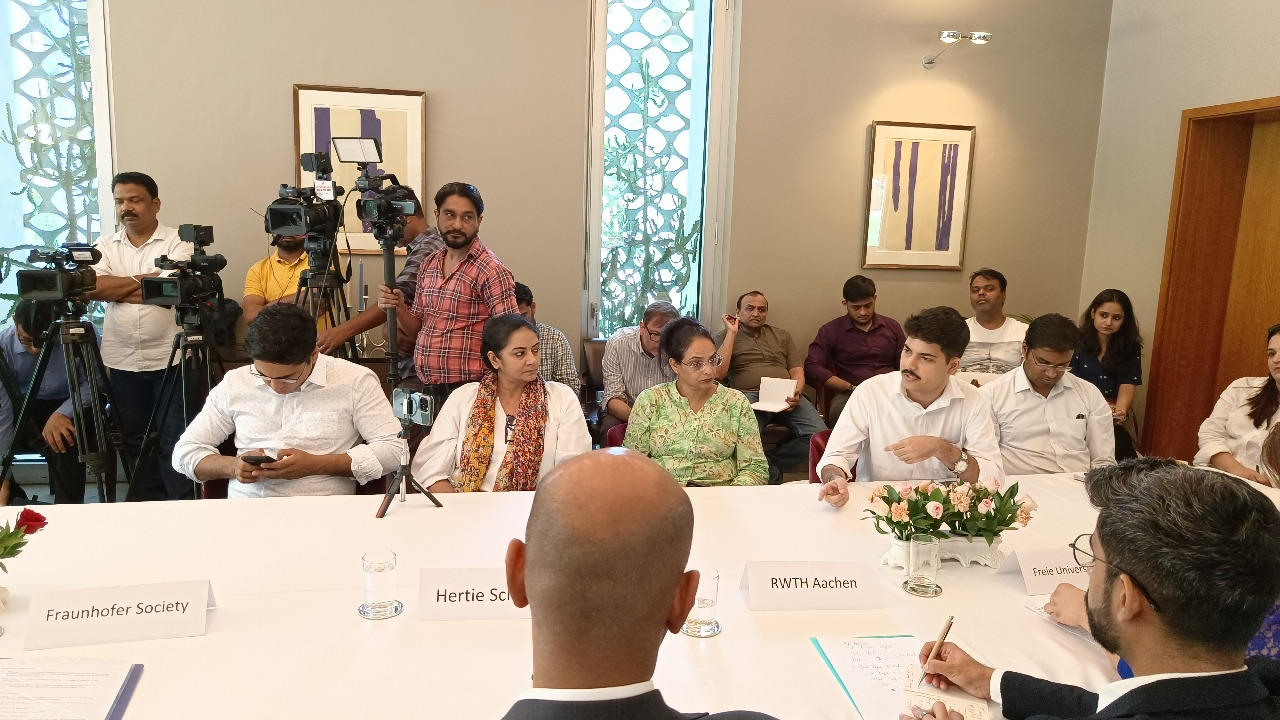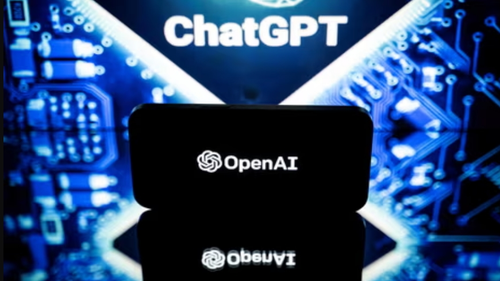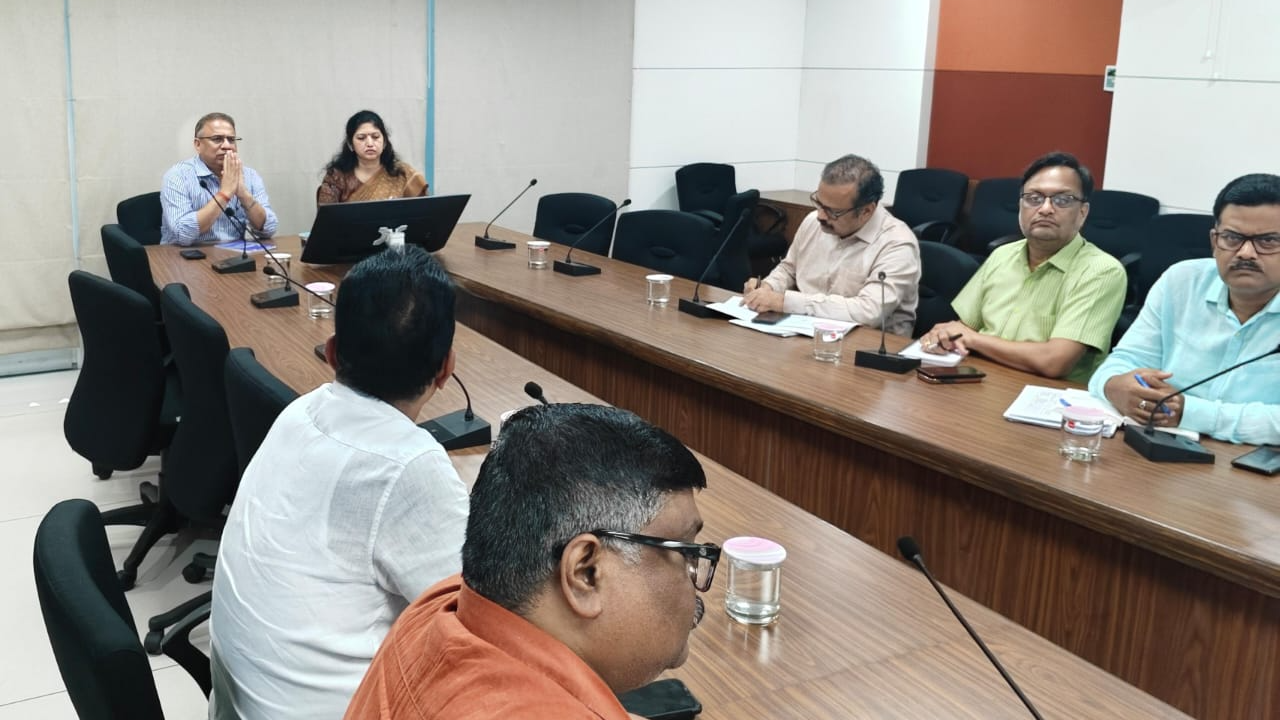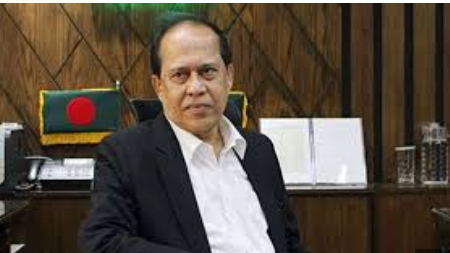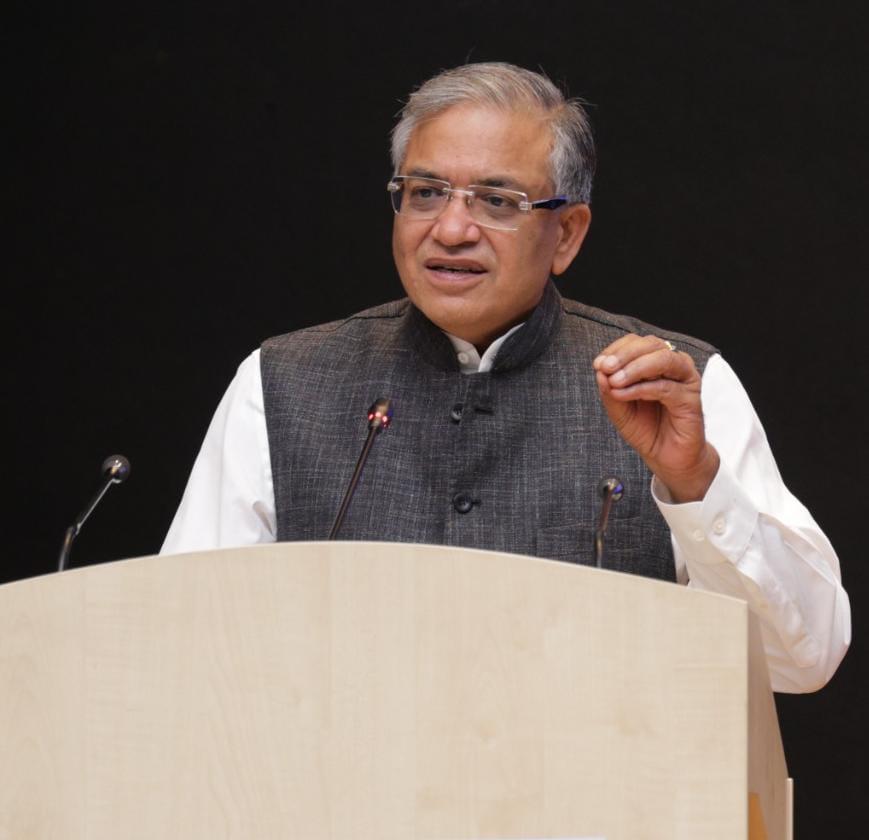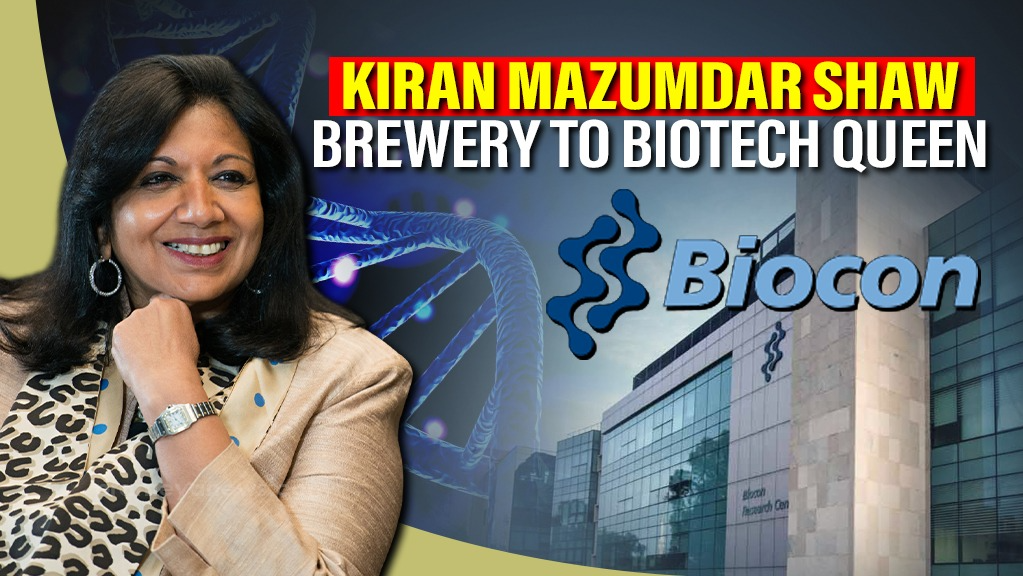Mark Zuckerberg Takes Personal Control of Meta's Superintelligence Push
Meta CEO Mark Zuckerberg is now personally leading a high-stakes effort to build superintelligent AI, taking a direct, hands-on role in recruiting top-tier talent. According to a report from The New York Times, this aggressive new strategy is a response to recent frustrations with the performance of Meta's own AI models and the market dominance of competitors like Google and OpenAI.
An Unprecedented Recruitment Drive
Zuckerberg's personal involvement extends far beyond simply allocating funds. He is reportedly meeting with potential recruits at his private homes and has even rearranged Meta's office layouts to bring this new, specialized team physically closer to him. To lure the best minds from rivals such as Google and OpenAI, Meta is said to be offering jaw-dropping compensation packages, with some offers reportedly reaching into the nine-figure range—around $100 million. This has already resulted in some top researchers agreeing to join Meta's new initiative.
This aggressive recruitment is a significant reversal of a recent trend where rivals had successfully poached key engineers from Meta. The company's push may also be linked to a pending multi-billion dollar investment in Scale AI, a data-labeling firm whose 28-year-old leader, Alexandr Wang, is expected to join Meta to help build out the new lab.
Course Correction for Meta's AI Division
This intense focus comes after a period of internal challenges for Meta's AI division. Once a leader in the field after establishing its first AI lab in 2013, the company has recently lost key talent and faced criticism for overhyping benchmarks and releasing underperforming models. There was reportedly internal dissatisfaction over the performance of its Llama 4 model and delays in its ambitious "Behemoth" model.
Though Meta has attempted to build goodwill by open-sourcing its Llama models and integrating Meta AI across its vast ecosystem—including Facebook, Instagram, WhatsApp, and Ray-Ban smart glasses—the results have not always met expectations. Zuckerberg's direct intervention is seen as a decisive move to correct this course.
The 'Superintelligence Group'
The new division at the heart of this effort is reportedly called the "Superintelligence Group." According to a Bloomberg report, this elite team is expected to consist of around 50 members, with Zuckerberg himself spearheading the hiring process through initiatives like a dedicated WhatsApp chat named "Recruiting Party."
The ultimate goal for this group is to create artificial general intelligence (AGI)—machines capable of performing at or above human cognitive levels. The plan is to then integrate this powerful AGI across Meta’s entire product ecosystem, from chatbots to smart glasses.
While achieving true AGI remains a speculative and challenging goal for the entire tech industry, Zuckerberg has made it clear that he believes Meta should be at the forefront of this pursuit. He has declared that this year will set the course for Meta's future, and his personal, aggressive involvement in building this superintelligence team demonstrates his determination to lead that charge himself.


